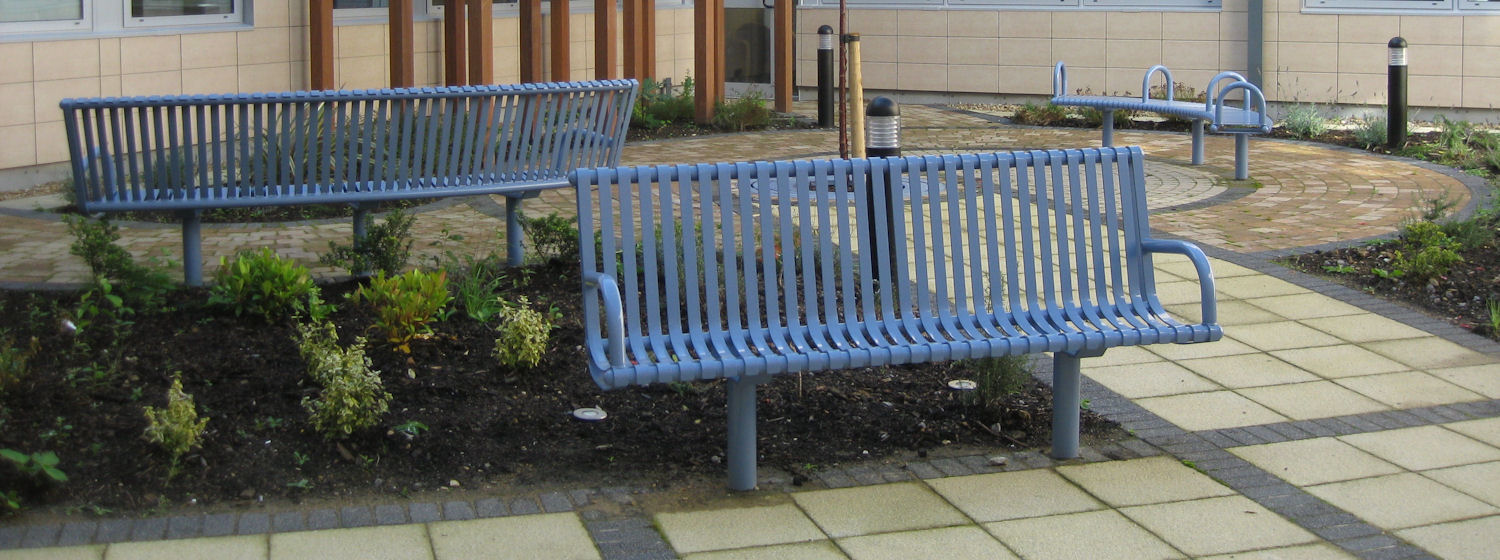The interstitium can be affected by inflammation, which is a usual part of the body's natural reaction to injury or infection; however, it may also occur as a part of a disease process.
While inflammation within the lung can resolve itself or be effectively treated by certain drugs (immunosuppressants), it can go on to develop scarring (fibrosis).
Causes include:
- environmental exposure to e.g. asbestos, bird proteins, mould, fungus, coal and silica dust
- underlying autoimmune conditions e.g. rheumatoid arthritis.
- some drugs e.g. antibiotics, chemotherapy, anti-inflammatory and heart medications
- smoking
- family history.
In cases where no possible cause can be identified, the disease will be classed as 'idiopathic' (cause unknown). Two of the most common ILD disorders are Idiopathic Pulmonary Fibrosis and Sarcoidosis.
Diagnosis
If you have concerns about breathlessness or have a cough that lasts more than three weeks, contact your GP. They will assess the cause and determine if it is related to a lung condition.
If ILD is indicated your GP will refer you to a local specialist service.
Treatments
Treatment can be divided into two broad categories:
- drugs to target inflammatory disease (which is potentially reversible)
- drugs to slow development of scarring (fibrosis) in the lungs.
If there is evidence of fibrosis in the lungs progressing, then antifibrotics (Nintedanib or Pirfenidone) may be prescribed.
Oxygen therapy
People with a lung condition often experience persistently low oxygen levels and may be considered for home oxygen therapy.
Lung transplant
A lung transplant is an operation to replace a diseased lung with a healthy human lung from a donor - usually a person who has died.
Individuals living with a number of lung conditions, including pulmonary fibrosis, can be considered for a lung transplant; however, such operations remain rare for those with pulmonary fibrosis.
If your lung fibrosis cannot be controlled by available therapies, then a lung transplant may be considered.
Pulmonary rehabilitation
Pulmonary rehabilitation (PR) is a programme designed to help manage your breathlessness and promote being active. We will assess you individually as locally as possible, and provide you with tailored exercises and advice on how to manage your condition.
Palliative care
Palliative care is care and support for those with life-limiting conditions. Care can be offered in a wide variety of settings from inpatient services to community-based. Healthcare providers refer patients where this is appropriate.





























































